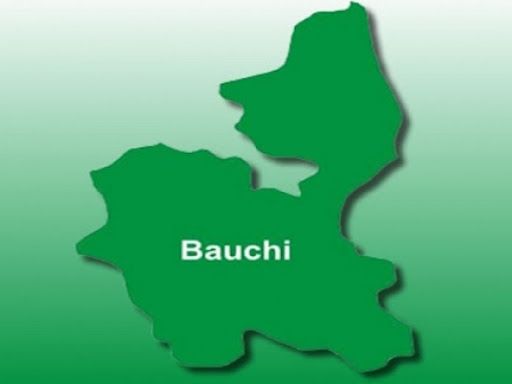The Bauchi State Youth Rehabilitation Network, on Saturday disclosed that over 5,000 youths have been rehabilitated from various social vices across the state.
The group, a community-based initiative focused on transforming the lives of vulnerable young people, made this known in a press statement issued by the Chairman of the Network, Aminu Muhammed.
Speaking during a Stakeholders’ Strategic Engagement on Youth and Women Rehabilitation meeting held in Bauchi, Muhammed said the beneficiaries have a history of various immoral behaviours, including theft, drug abuse, and fornication.
He said the initiative involved distributing rehabilitation forms through village heads to interested youths willing to turn away from societal misconduct.
He further stated that, plans are underway to provide starter packs to the beneficiaries upon completion of their skills acquisition programmes to enable them to become self-reliant.
“These youths willingly filled the forms and were taken through the rehabilitation process,” he noted.
In her remarks, the Bauchi State Commissioner for Humanitarian Affairs, Hajara Wanka, urged parents to prioritise the moral upbringing of their children, describing it as a religious and civic duty.
READ ALSO:
She noted that societal peace and harmony can only be achieved when every family, regardless of status, actively participates in guiding children rightly.
“When your neighbour’s children are not well trained, your children are also in danger.”
“We must work together as communities, leaders and the government to ensure a better society,” Hajara warned.
Speaking on behalf of security agencies, an officer of the Nigeria Security and Civil Defence Corps, A.A. Saidu, criticised parents for neglecting their responsibilities, only to show concern after their children fall into crime.
“The most troubling situation is when these youths commit offences and are arrested; the first people you see at the security office are their parents, pleading for their unconditional release,” he said.
Saidu called on the government to establish an agency to monitor communities and proffer solutions to recurring social vices.
One of the rehabilitated youths, identified as Mai Laya, narrated his experience, saying he graduated with a Diploma in 2014 but remained unemployed, which pushed him into negative behaviours.
He admitted that social vices had brought shame to himself and his community but expressed hope for a better future.
“Even as we stop what we used to do, like theft and street fights, what will then be our fate? We have no source of income,” he lamented.
He appealed to the government and well-meaning individuals to provide jobs and business opportunities to sustain their reintegration into society.
“I use this opportunity to seek forgiveness from government authorities for our past actions. We want to become proud citizens of our community, state, and country,” he added.















